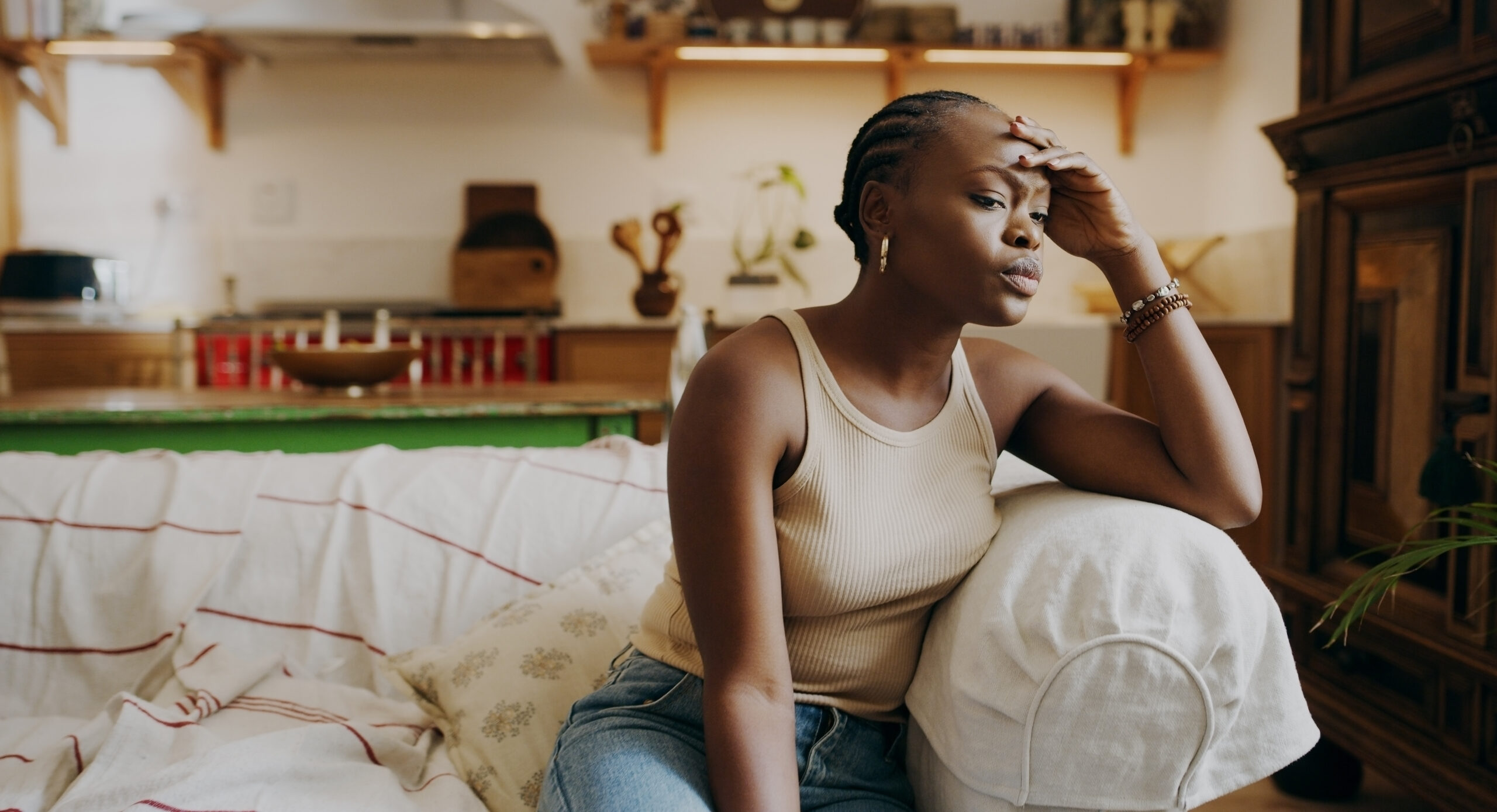Feeling good mentally goes hand-in-hand with feeling good physically. Yes, life’s stressors can be a factor for your emotional well-being. Those emotions can also be affected by a vitamin deficiency in your body. A Tiktok user shared how she discovered her low vitamin D level was contributing to her mood being off.
This is something that health officials say black people really struggle with. Melanin in the skin makes it harder to get vitamin D through sunlight. Having a vitamin D deficiency is something that black people can improve with changes and constant monitoring from your doctor.
What is Vitamin D Deficiency?
Vitamin D is a nutrient your body needs for protection against certain illnesses and injuries, according to board-certified obstetrician and gynecologist Kerry-Anne Perkins.
“If we don’t have it, it actually disrupts being able to produce and process calcium important for bones or nervous system,” Perkins said.
It comes from a lack of vitamin D through sunlight, the food you eat, or certain medical conditions. When you are deficient in vitamin D your body can experience a number of symptoms. They include muscle weakness, bone and joint pain, fatigue, problems with hormonal production and mood changes.
How it Affects Mental Health
Perkins says that a person’s mood being linked to a low level of vitamin D is more prominent than you may realize.
“If you are deficient, you may find that you may be more anxious than you normally are. You may be more depressed than you normally are,” Perkins said.
While depression could be an issue that you have already struggled with, a vitamin D deficiency can heighten tiredness, sadness and bad moods.
How it Affects Black Women
For Black women, it’s a bit more difficult for your body to reach a healthy level of vitamin D.
“Research has shown that in black women it’s like 5 to 6 times the length of time that would be needed to be exposed to the sun in order to get the amount of vitamin D production internally as you’d like. Which is significant,” Perkins said.
There is a risk of being overexposed to the sun’s UV rays. That now opens the door for skin cancer concerns. If you choose to spend more time in the sun, be sure to use sunscreen. Make sure you are using a product that will be helpful. Perkins says some sunscreens could block the sun’s rays that are needed to help with vitamin production.
Ways to Improve a Deficiency
Since too much sunlight can be harmful, Perkins suggests other ways to raise your vitamin D production.
“For Black women my number one recommendation is to get it through supplementation and also through your diet,” Perkins suggested.
She says you should take nutritional supplements on a regular basis. Make sure that the supplements you are taking have a high percentage of vitamin D.
“It might have some in there, but it might not be enough especially if you started deficient,” Perkins said.
Adding vitamin D rich foods like eggs and fish to your diet can also help increase production. Also, make sure that your levels are being checked regularly.
“Being normal this year doesn’t mean that you are normal next year. So, you want to make sure that you are being tested on a regular basis at least once a year so you know what your levels are,” says Perkins.
She says a normal level of vitamin D is higher than 30. Black women should aim for 50 and above.
